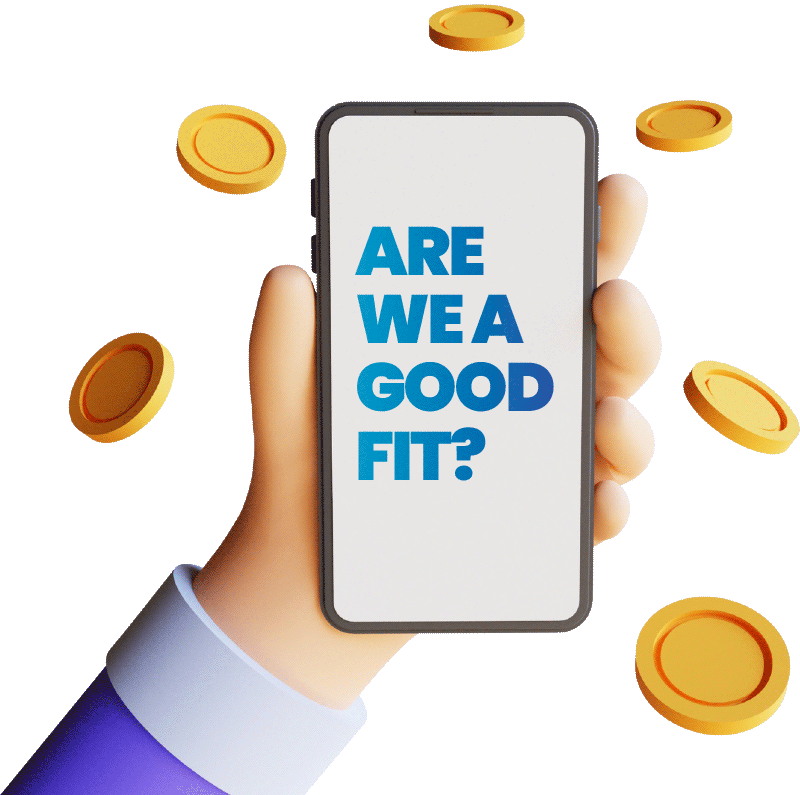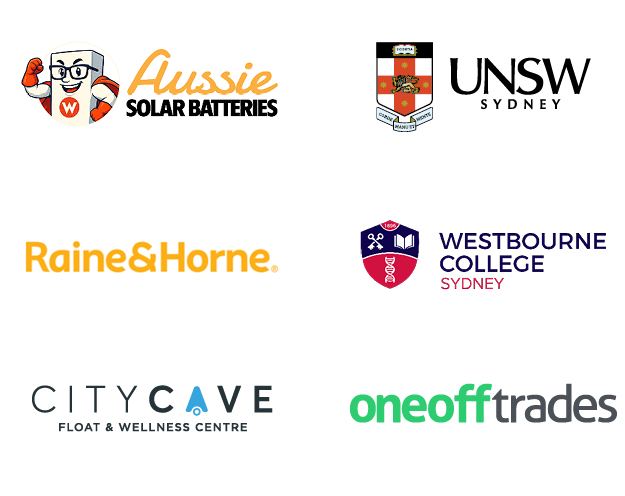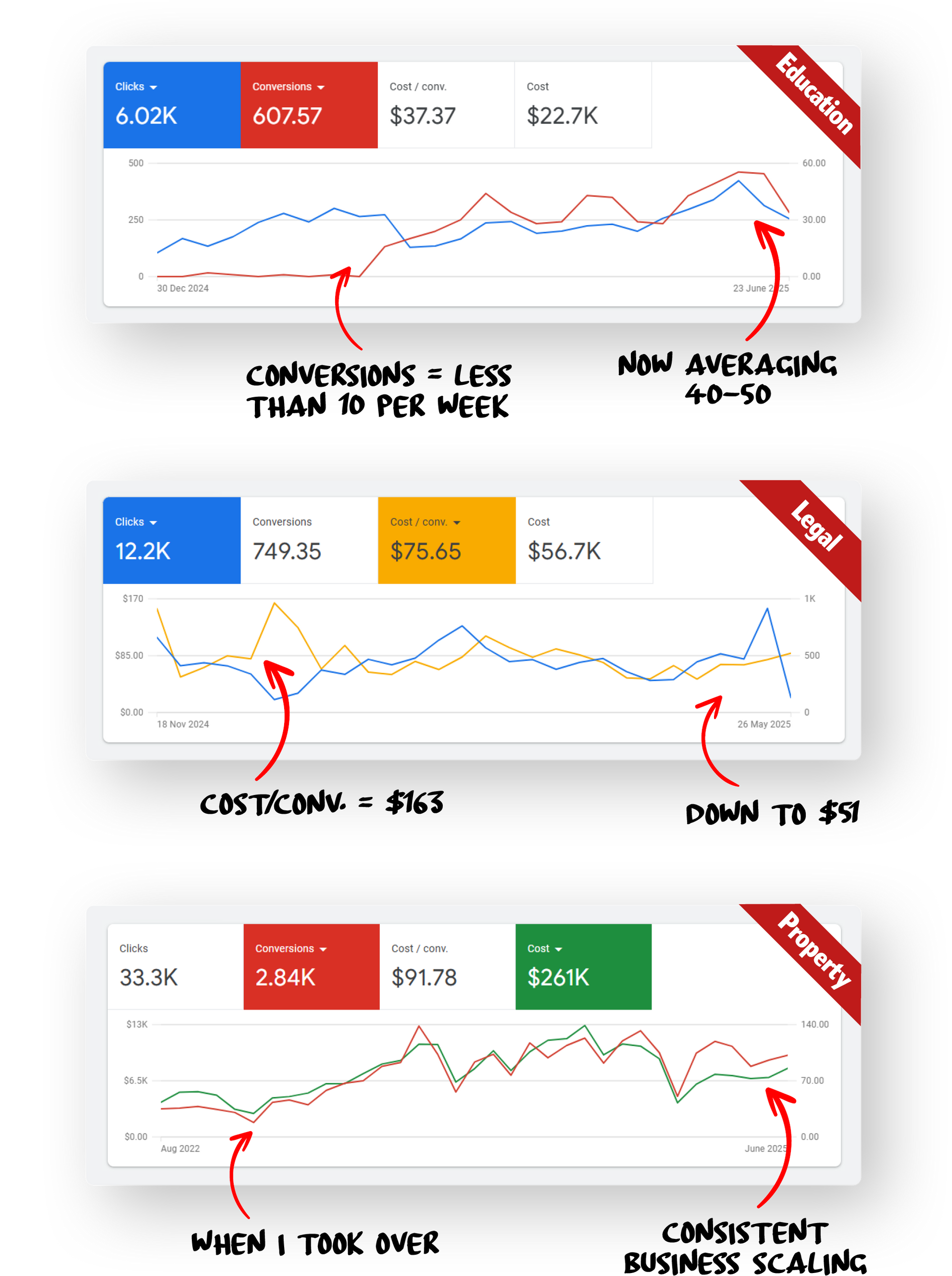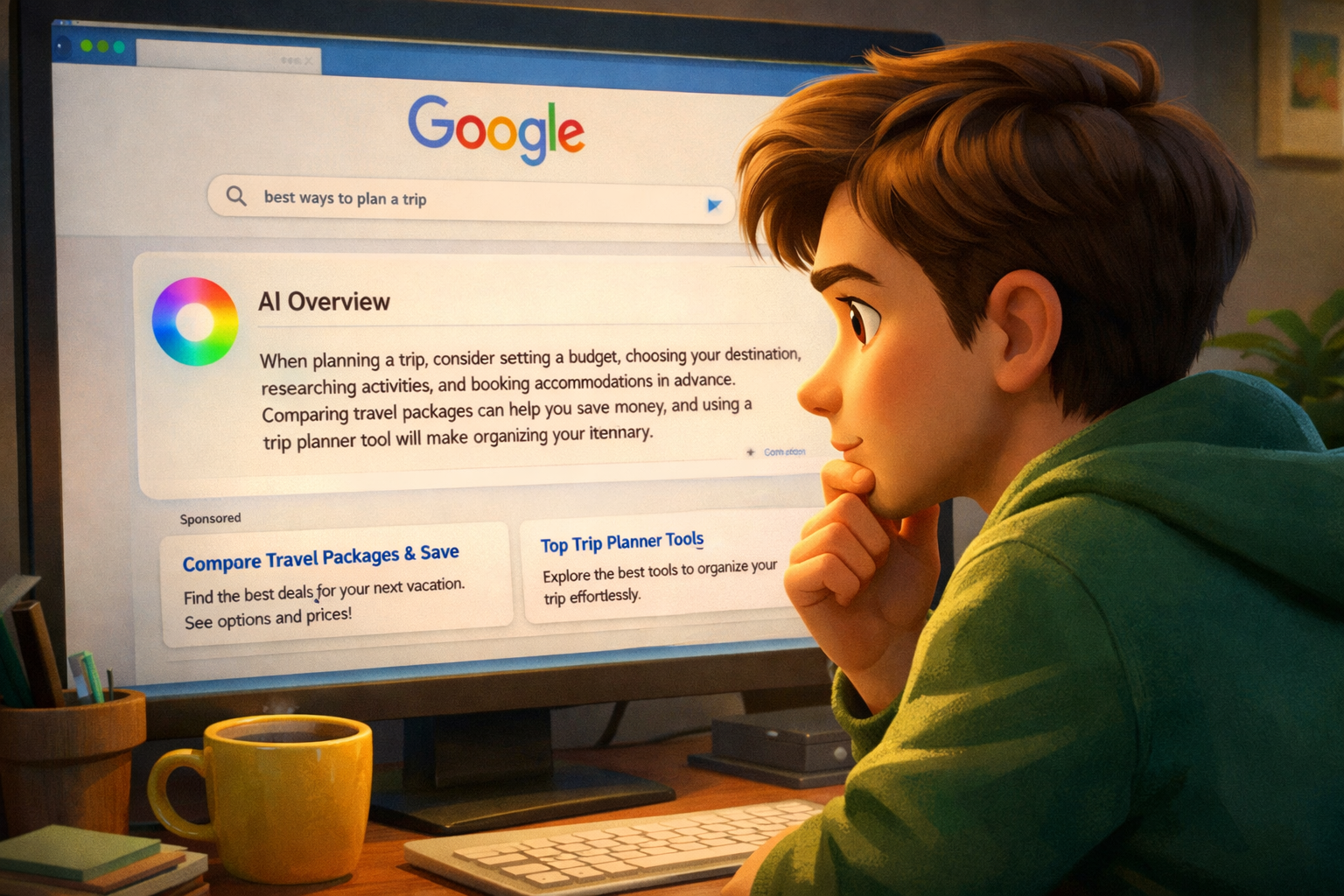Google Ads Expert Sydney
Turn Google Ads Clicks Into Customers
Serious about growth? Partner with a proven Sydney based Google Ads expert focused on real business results.
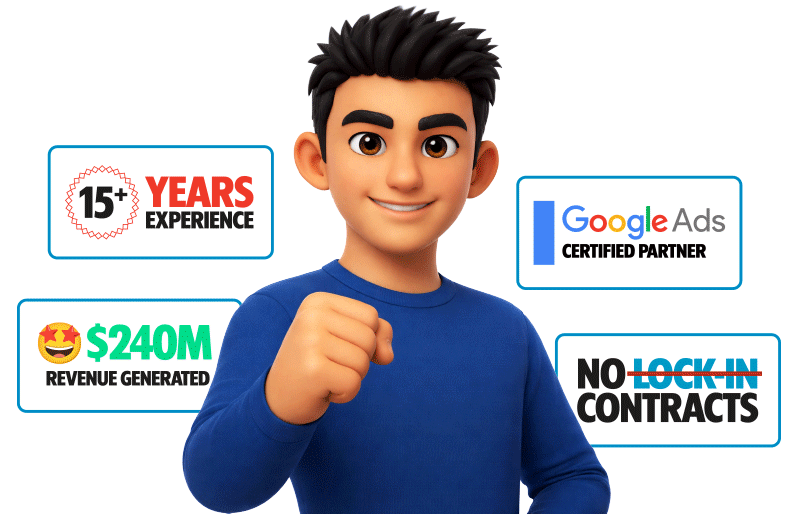
Feeling overwhelmed by Google Ads? You’re Not Alone 🤯
Many businesses struggle to keep up with Google’s ever evolving platform, AI-driven bidding, keyword strategy, audience targeting, performance data… it’s a lot.
That’s where I come in.
I’ve managed ad budgets from as little as $20 a day to over $580k a month, across industries from education and property to consumer sectors and legal. I know what works, what wastes money, and how to make every dollar pull its weight.
This isn’t just about writing ads and hitting "go."
It’s about building a system, one that’s aligned with your business goals, driven by data, and optimised for real results.
Google Ads can feel like a beast. But with the right strategy, it becomes your growth engine.
Want to learn how? Keep scrolling.
The Expert's Framework Behind Profitable Google Ads
A proven formula for success, free to learn, priceless to apply.
💸 Profitability Is Proven Before a Dollar Is Spent
Before we run anything, I look at what you sell, your margins, and how competitive your keywords are. The goal is simple: to make sure Google Ads can realistically be profitable for your business. If the numbers don’t stack up, I’ll tell you. If they do, we know where profit comes from and where to be careful.
🏋️ The Landing Page Does the Heavy Lifting
Google Ads only buy attention. Your landing page decides whether that attention turns into a lead or sale. I design your landing page to be clear, focused, and easy to act on. No confusion, no distractions, just one clear next step. This makes every click you pay for worth more.
❤️🔥 Campaigns Are Built to Match Intent
Only once the foundations are right do I build the campaigns. I choose the right campaign types, budgets, and targeting based on how your customers actually search and buy, not what looks fancy in Google Ads.
🤖 Google Is Taught What Success Looks Like
Google Ads can’t guess what matters to your business. I clearly define what a conversion means for you. Whether that’s a lead, enquiry, or sale, I set it up properly. When Google understands what success looks like, it starts sending you better traffic over time.
🔄 Optimisation Is a Discipline, Not a Trick
Google Ads isn’t set-and-forget. I regularly review what’s working, cut what isn’t, and focus spend on what brings real results. This steady optimisation lowers your cost per result and improves performance without blowing up your budget.
Proven Results. Satisfied Clients.
Brands I'm Helping Scale with Google Ads:
Here's Some Proof 👇
🤫You've Made It This Far...
So, here’s a glimpse into how an expert engineers profitable Google Ads

Right Campaigns. Right Objective.
I choose between Search, Performance Max, Demand Gen, and AI Max based on what you’re trying to achieve. The right campaign aligns intent, control, and automation instead of wasting spend.

Search Terms = Profit Control
Search terms reveal where money is made or lost. I continuously audit real queries, not just keywords — using commercial understanding of your business to decide what to exclude, refine, or double down on.

Signal Before the Sale
By linking Google Ads with GA4 micro-conversions, I track early intent signals to see what happens between the click and the sale. This creates clarity around what behaviour actually leads to conversions.
Some Quick Google Ads Hacks
SEO vs Google Ads: Which Is Better for Your Business?
SEO vs Google Ads, what really drives growth? Discover why SEO warms up the market but Google Ads delivers instant returns, and how smart brands use both.
Google Ads AI Max: How to Win When the Machine Knows Better
Master Google Ads AI Max. Learn when Google's AI will amplify your campaigns and when it will burn your budget. Feed the machine for explosive growth.
Google Ads in AI Overviews: How to Show Up, and How to Win the Next Step
Learn how Google Ads appear inside AI Overviews, and how to design ad copy and landing pages that convert users already primed by AI.
Google Ads FAQ
You've got Google Ads questions. I've got Google Ads answers. And if it’s not there yet? Drop a comment below and I’ll jump in with the answer.
How do I choose a Google Ads expert
Look for someone with proven experience, not just managing ad accounts, but driving real business outcomes. The right expert will have a track record of measurable results across different industries, a clear understanding of how businesses actually work, and the ability to tailor campaigns to your goals (not just impressions or clicks).
A great Google Ads expert isn’t just technical—they’re responsive, strategic, and genuinely invested in helping your business grow.
How much does Google Ads cost?
The cost of Google Ads depends on your industry, competition, and bidding strategy. But most advertisers pay between $2 and $7 per click on average. Since it’s a pay-per-click platform, you control your budget and only pay when someone clicks on your ad.
What is Performance Max?
Performance Max is a Google Ads campaign type that uses AI to automatically deliver ads across all Google channels—Search, Display, YouTube, Gmail, Maps, and more based on your marketing goals. You provide creative assets and audience signals, and Google optimises performance to drive conversions at scale.
How can I improve my ad performance?
To enhance your ad performance:
• Write compelling ad copy with clear calls-to-action
• Use relevant and specific keywords
• Optimise your landing pages for user experience
• Implement A/B testing to identify what works best
• Monitor and adjust your bids and budgets based on performance data
What is Quality Score?
Quality Score is a metric Google uses to assess the relevance and quality of your ads, keywords, and landing pages. A higher Quality Score can lead to lower costs and better ad placements. It considers factors like click-through rate (CTR), ad relevance, and landing page experience.
How Do I Track Google Ads Performance?
Start by setting up conversion tracking — either with the Google Ads tag or through Google Tag Manager. Then connect Google Analytics (GA4), mark your key actions like form submissions or purchases as conversions, and import them into Google Ads. This helps you see what’s actually working and lets Google optimise for real results.

